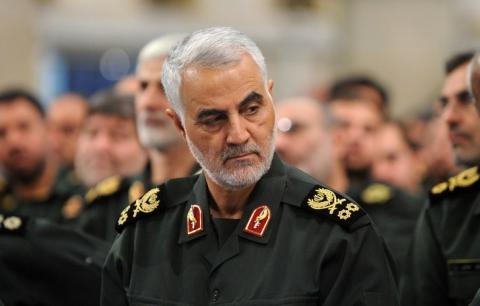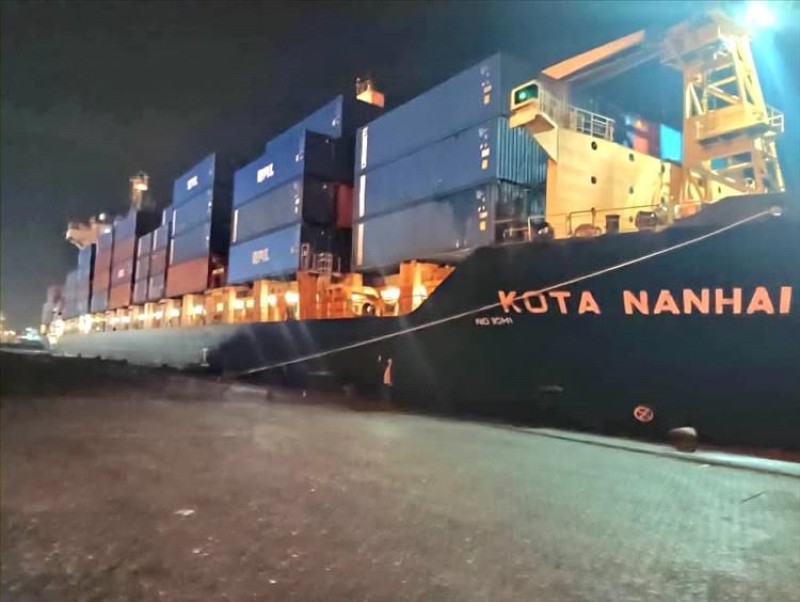US destroyer famous for ‘self-defense strikes’ on Yemen redeploys to Saudi coast as Pentagon prepares more purely defensive assets


The Arleigh Burke-class destroyer USS Nitze, armed with surface-to-air and Tomahawk cruise missiles, was redeployed off the northeast coast of Saudi Arabia, as part of the US effort to “plug the holes” in its ally’s air defenses.
Under the pretext of the “dramatic escalation of Iranian aggression,” the Pentagon announced the deployment of additional troops and other military assets to the Persian Gulf. Exact details are still being worked out, but the deployment will be “limited” and purely “defensive” in nature, US military brass promised.
In the meantime, one guided missile destroyer has already been redeployed to the northern Persian Gulf to “plug the holes” in Saudi Arabia’s air defenses, according to US media reports. Equipped with Aegis radar and surface-to-air missiles, the USS Nitze is better known, not for its air defense capabilities, but for a ‘self-defense’ Tomahawk strike on Yemen.
In a rare act of direct US military involvement in the Saudi-led Yemen war, in 2016, the USS Nitze carried out a series of strikes supposedly targeting “radar sites” – in the name of protecting the “freedom of navigation.” Back then, Washington accused the Iranian-backed Houthi rebels of launching several missiles at an American warship (causing no casualties or damage). Of course, all the targets of the ‘self-defense’ attack were located “in remote areas, where there was little risk of civilian casualties or collateral damage,” the Obama-era Pentagon claimed at the time.
The Trump administration also vowed to protect the “freedom of navigation” in the strategic Strait of Hormuz and beyond, and has long been gathering a coalition of the willing to confront Iran. However, following a series of botched oil tanker attacks (which the US pinned on Tehran) and reciprocal vessel seizures in the summer, only the UK volunteered to join the anti-Iran flotilla (Australia too, but sometime next year). Later in August, Bahrain – which hosts the US Navy’s 5th Fleet – agreed to participate, after the Central Command chief paid the King a visit. Only the recent attack that briefly knocked out 50 percent of Saudi oil production (causing no casualties or significant long-term damage) convinced Riyadh and Abu Dhabi it was time to enlist.

Sana’a – The occupied Yemeni capital Sana’a is witnessing mounting economic panic and a sharp collapse in the real estate market…

Aden – The vessel Kota Nanhai departed Al-Mualla Container Terminal at Aden Port this evening after completing the unloading of 457 standard…

Aden — Yemen’s Presidential Leadership Council Chairman Rashad al-Alimi held talks with Central Bank Governor Ahmed Ghalib to review th…